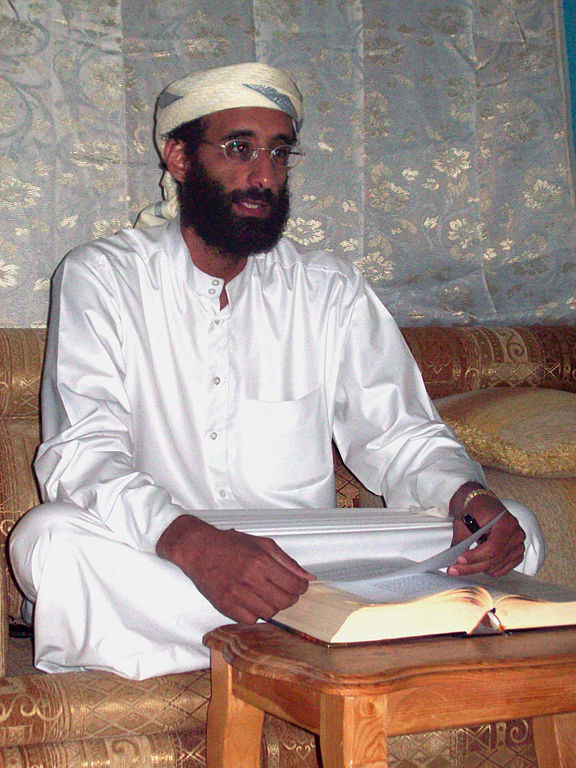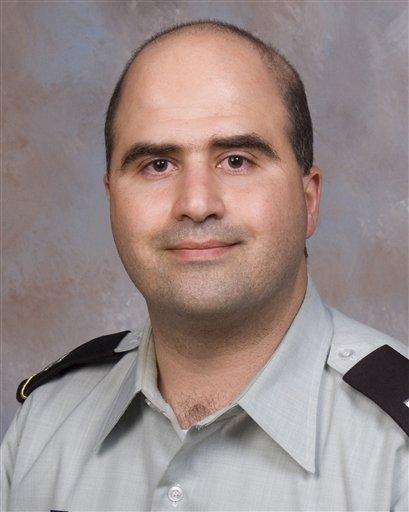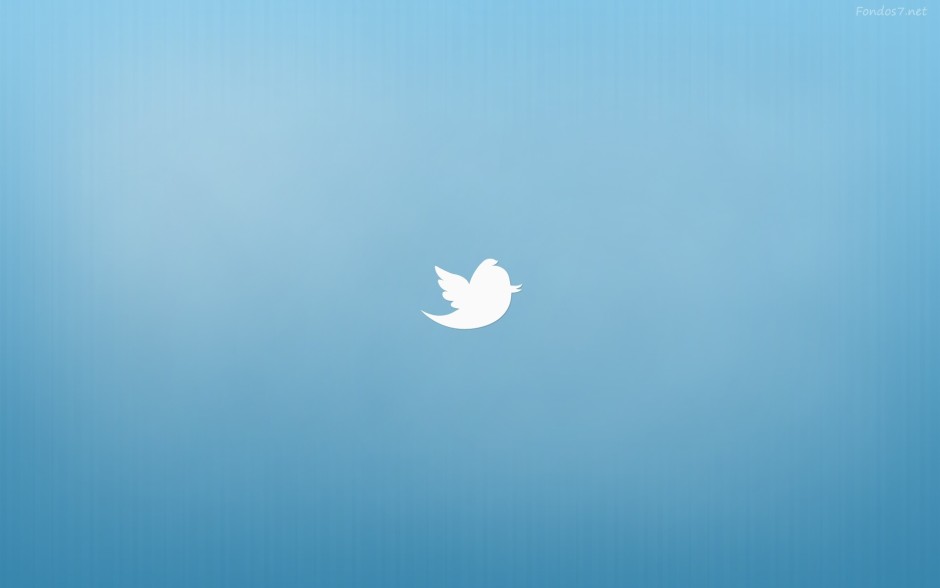Jihadists love the Internet, as they should. It’s their portal to free publicity, a potentially vast audience and enhanced membership rolls.
Islamic State, the jihadist organization that has wreaked havoc in the Middle East, has learned to its satisfaction that social media is a potent weapon to brainwash and radicalize Muslims and recruit them as sympathizers and active members.

By one estimate, Islamic State uses Twitter to send out 200,000 tweets a day.
Twitter is a cheap and effective way of convincing young Muslim men and Western converts to Islam to lay down their lives in battlefields in Syria, Iraq and Libya and in cities such as Paris, Ankara, Beirut and Damascus.
By shedding blood for Islamic State, they assume they can achieve martyrdom. Having reached the heavenly gates of nirvana, they’ll supposedly enjoy the company of 72 nubile virgins. Only in their twisted juvenile dreams, of course.
This noxious kind of propaganda is facilitated by billion-dollar social media companies such as Twitter and YouTube. In the interests of maintaining free speech, a catch-all phrase that is so easily manipulated, misrepresented and misused, Twitter and YouTube inadvertently empower terrorists and terrorism.
It’s the height of stupidity and folly.
Of late, however, Twitter has had second thoughts about giving jihadists a free pass on the Internet.
Last week, Twitter — a billion-dollar firm based in San Francisco — announced it had suspended the accounts of some 125,000 users who had been “threatening or promoting terrorist acts” on behalf of Islamic State in the past eight months.
These accounts were flagged by a new technology that automatically identifies tweets supporting terrorism.
Twitter’s decision is to be applauded. It’s an important step in assisting the U.S. government to degrade the recruitment abilities of outfits like Islamic State and Al Qaeda, which took credit for the terrorist events of September 11, 2001 in the United States.
But there is much more work to be done on this front.

YouTube, for example, should completely ban the toxic recordings and videos of Anwar al-Awlaki, the American-born Islamic extremist who was killed by a U.S. drone strike in Yemen in 2011.
A year before his death, as The New York Times reported, YouTube pledged to remove hundreds of his videos and promised to adopt a zero toleration policy for “content that incites violence.”
Awlaki, a propagandist for Al Qaeda who had turned his back on the United States, was an inciter and traitor of the first rank.
He inspired Nidal Hassan –a U.S. army major of Palestinian descent — to kill 13 people at Fort Hood, Texas, in 2009. In the wake of Hassan’s killing spree, Awlaki hailed him as a hero. Awlaki also played an inspirational role in two terrorists plots. In 2009, the Nigerian Muslim radical Umar Farouk Abdulmutallab attempted to bring down a Northwest Airlines flight en route from Amsterdam to Detroit. Last December, Syed Rizwan Farook and his wife went on a murderous rampage in San Bernardino, California.

According to The New York Times, Awlaki’s most extreme videos can still be found on YouTube. Counter Extremism Project, an advocacy group based in Washington, D.C., has rightly urged YouTube to permanently remove his videos. As the project’s chief executive, Mark Wallace, said recently, “Awlaki’s work has inspired countless plots and attacks. It’s hate speech. It should come down, period. Like child porn, it should be expeditiously removed.”
According to reports, YouTube has the dubious distinction of possessing the largest collection of Awlaki material on the web. YouTube should immediately consign them to purgatory.
The American Civil Liberties Union opposes such bans, arguing that “ordinary citizens” have a right “to learn the motivations, grievances and world view of those who call for violence against Americans.”
This is a naive and unsupportable position. Yes, knowledge is sacrosanct and should be protected. But incitement to violence crosses a red line. There is no need to ban Awlaki’s body of innocuous mainstream material, but his vicious rants advocating jihad and terrorism definitely have no place on the Internet.
